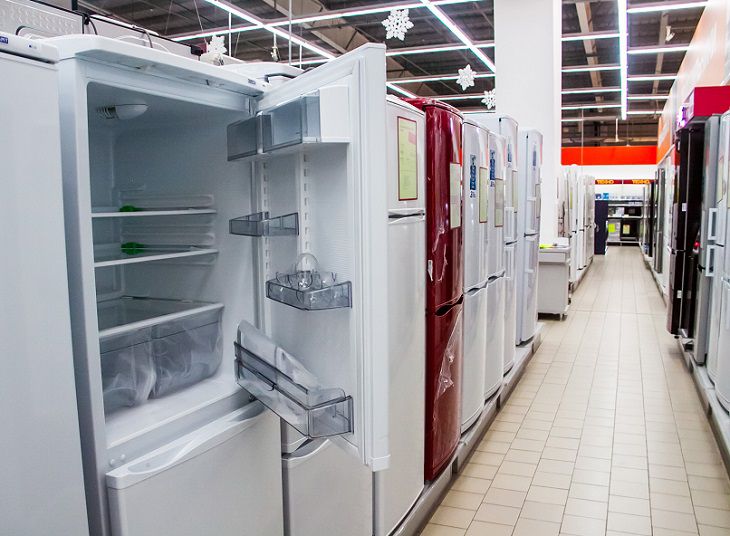The freezer is an indispensable assistant in storing food, allowing you to save time on cooking.
But not all foods are suitable for freezing.
Some of them lose their taste, texture and nutritional properties at low temperatures. What foods are best not to store in the freezer?

Fresh vegetables with high water content
Fresh vegetables such as cucumbers, radishes, celery and lettuce have a high water content.
When frozen and defrosted, their structure is destroyed, vegetables become watery and soft, and lose their crispness and appearance.
To keep it fresh, it is better to refrigerate or can it.
Potatoes and their derivatives
Avoid storing fresh potatoes in the freezer because cold temperatures convert the starch into sugar, giving them a sweet taste and changing their texture.
Boiled or fried potatoes lose their structure and become grainy after defrosting.
Potato products intended for freezing retain their structure, such as French fries or mashed potatoes.
Dairy products
Dairy products such as milk, yogurt, sour cream and soft cheeses do not tolerate freezing.
At low temperatures, their texture changes: milk and yogurt separate, sour cream becomes grainy, and soft cheeses lose their creamy consistency.
Only hard cheeses such as cheddar or parmesan are suitable for freezing and can be used for grating after defrosting.
Eggs in shells
Eggs in their shells should not be frozen because the liquid inside expands when frozen, which can cause the shell to crack or break.
Not only does this make the eggs unusable, but it also increases the risk of bacterial contamination.
If you need to freeze eggs, it is best to first break them, beat them lightly and place them in an airtight container.
Fruits with high water content
Watermelons, melons, oranges and grapefruits have a high water content, but their texture and juiciness are significantly reduced when frozen.
Once defrosted, these fruits acquire a watery and mushy consistency, making them unsuitable for fresh consumption.
These fruits are best consumed fresh or used to make juices and smoothies.
Herbs and spices
Fresh herbs and spices such as basil, parsley, dill and cilantro lose their flavor and texture when frozen.
They become watery and lose their rich flavor, which reduces their culinary value.
For long-term storage of herbs, you can dry them or preserve them in oil.
Mayonnaise and sauces based on it
Mayonnaise and sauces based on it are not suitable for freezing, as their emulsion breaks down at low temperatures.
This causes sauces to separate and change texture, making them unappealing and unusable.
It is best to store these sauces in the refrigerator and use them within the recommended expiration date.
Canned goods
Canned foods in tin cans are not intended for freezing.
When frozen, the liquid inside the jars expands, which can cause the container to warp and rupture, increasing the risk of contamination of the contents.
Canned food is best stored in a cool, dark place at room temperature.
Salads and dishes with dressings
Salads seasoned with mayonnaise or sour cream, as well as dishes with thick dressings, lose their taste and texture when frozen.
Dressings break down and salad ingredients become watery and mushy.
For best preservation of salads and seasoned dishes, they should be stored in the refrigerator and consumed within a few days after preparation.
Three misconceptions about tea bags were previously voiced.
